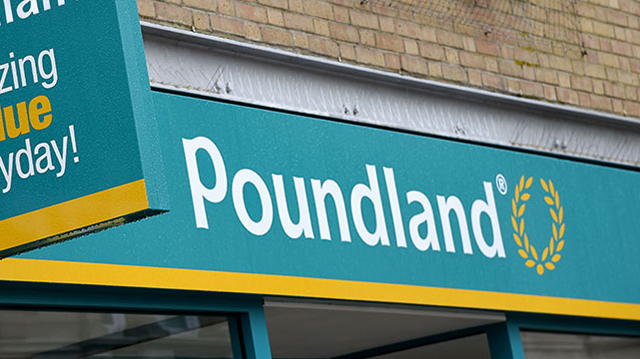Inland Revenue officials are divided on whether to withdraw their appeal in a leading case on business rates, Benjamin v Anston Properties, following publication of the government’s new Rating Bill last week.
Jenny Wrigley, a solicitor in the rating group at City law firm Stephenson Harwood, which acts for Anston Properties, said a lawyer from the Revenue contacted her on Monday evening confirming that he had instructions to withdraw the appeal and to pay the company’s costs.
But Andrew Gunz, the solicitor in charge of the rating and valuation group at the Inland Revenue, told PLS: “No such decision has yet been made. It is still an open point being debated at Somerset House.”
Gunz says there are “two schools of thought” on the question: “One is that the appeal can now safely be abandoned. The other is that it would be most imprudent to do so while the legislation is not yet on the statute books. Obviously, there are a number of cases that won’t be caught by the change.”
In Benjamin v Anston Properties, the Lands Tribunal held that properties should be valued for business rates according to their condition. The new bill is intended to ensure that properties are valued for business rates as if they are in good repair, even if they are not.
The legislation will not affect outstanding cases in which the proposal for a reduction in the rateable value was made before March 11 1998, the date of the Benjamin v Anston decision.
The bill is expected to go through parliament before the Court of Appeal has an opportunity to consider Benjamin v Anston. Charles Partridge, of Lambert Smith Hampton, who chairs RICS rating and local taxation panel, advised Anston. He said: “Anyone with an outstanding appeal before March 12 is OK. But the new legislation is not good news for the property industry. People will be taxed on values that they don’t really possess.”
PLS News 02/12/98










